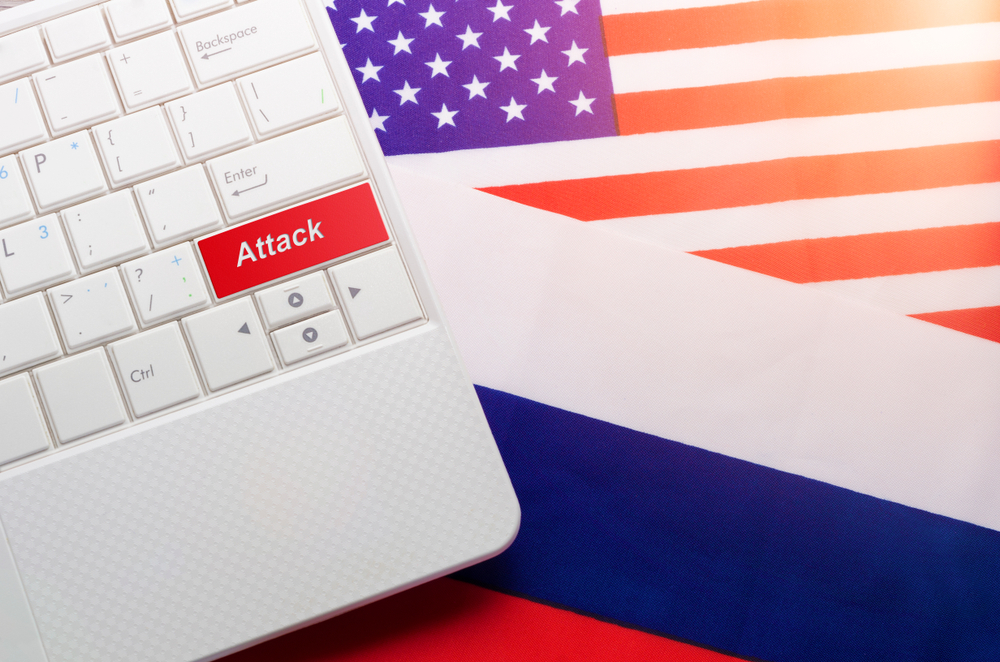
A Senate effort that has garnered support from both sides of the aisle looks to bolster the security of U.S. elections in the wake of the intelligence community’s conclusions of Russian interference in the 2016 presidential elections.
The Secure Elections Act seeks to fund the creation and implementation of cybersecurity guidelines, replace outdated voting machines through federal grants and provide security clearances to state officials so they can access and respond to cybersecurity information. It would also ensure knowledge of cybersecurity threats is shared with state, county, and municipal election agencies, and reaffirm individual state leadership in administering federal elections.
Through social media, trolls and cyber attacks, U.S. reports have found that Russia attempted to influence the outcome of the 2016 election. Responding to this last year, Congress passed a sanctions law targeting Russia.
“One of the most sacred privileges we as Americans are afforded is our freedom to participate in democracy through elections,” U.S. Sen. Jerry Moran (R-KS), a co-sponsor of the Secure Elections Act, said. “Therefore, we must make certain our elections remain honest, secure and free from invasive influences. Concerningly, backend election systems – including voter registration databases, ballot creation systems, voting machine configuration systems, absentee processing and reporting, and tabulation software – are increasingly vulnerable and have been compromised by both private and state actors. The Secure Elections Act helps better safeguard our systems while reaffirming the leadership role states play in administering federal elections, and I urge my colleagues to support this critical legislation to protect future elections.”
The legislation was introduced by U.S. Sens. James Lankford (R-OK) and Amy Klobuchar (D-MN). It was cosponsored by Moran, Richard Burr (R-NC), Susan Collins (R-Maine), Lindsey Graham (R-SC), Kamala Harris (D-CA), Marin Heinrich (D-NM), Angus King (I-Maine), Bill Nelson (D-FL), Mike Rounds (R-SD), and Mark Warner (D-VA).




